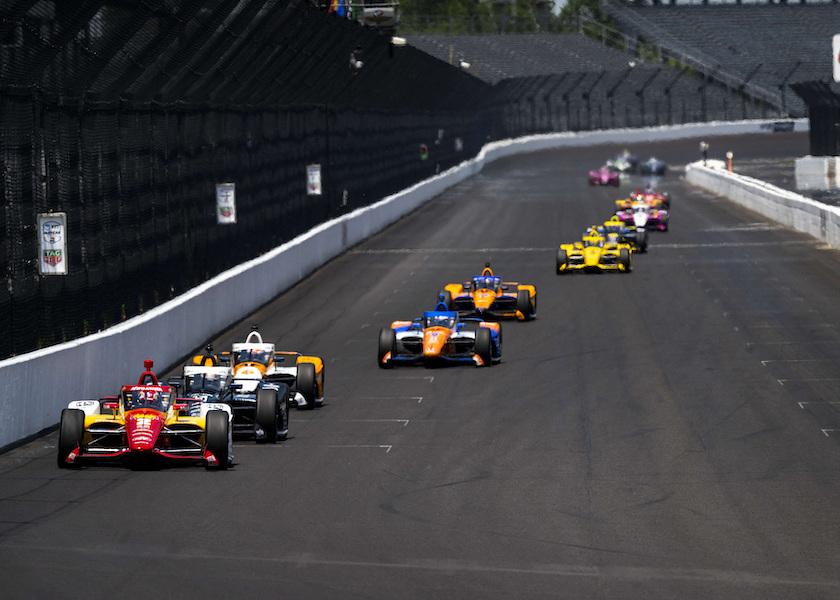Indy 500 Drivers Who Drink This Milk are Twice as Likely to Win

Dairy farmers have always known that drinking milk can help you land a spot in the winner’s circle. But does the type of real milk matter? According to one recent study, it does.
Each Memorial Day weekend, a winning tradition unfolds in the midsection of the country. At the end of the biggest motorsports event in the world, all eyes will be on the winner's circle of the Indianapolis 500.
An extravagant event, the Indianapolis Motor Speedway has a packed weekend, but what happens at the very end is what really gains the most attention. The winning driver’s victory celebration with an ice-cold bottle of milk.
The American Dairy Association Indiana (ADAI), which helps provide the milk for the drivers, polls each driver ahead of each race on which type they prefer. Options include whole milk, 2% and fat-free.
To see if there were any noteworthy stats, the sport’s news site, The Grueling Truth, reviewed all drivers' preferences going back eleven years, from 2013 to 2023.
It revealed that drivers favoring two-percent milk emerged victorious notably more often compared to those who preferred whole milk.
Despite only 33% of drivers expressing a preference for two-percent milk, this group took home the trophy in six of the past ten years, translating to a 100% better victory rate compared to their whole milk-drinking counterparts that won 3 times.
Will Power represents the outlier, where he won the race in 2018 having submitted “no preference” as his milk choice.
Drivers opting for fat-free milk have not won a single race in ten years.
According to the study, this may not bode well for Romain Grosjean and Katherine Legge for the upcoming race - the only two drivers opting for skimmed milk.
Over the last 11 years 81 individual drivers have been part of the Indy, and with it, submitted 362 milk requests.
This was their overall preference:
- 56% whole milk
- 33% two-percent
- 7% fat-free
- 3% no preference
The development over the last ten years has been clear with drivers opting more and more for whole, full-fat milk.
In 2013, almost 50% of the drivers had 2% as their chosen milk, this changed significantly by this year's race, where only 9% of drivers had it as their preference.
Most of the repeat driver, and new ones now choose whole milk as their choice.
Roughly 85% of drivers opted for it in 2023, which is up from only 24% in 2013.
A spokesperson from The Grueling Truth commented on the study:
“It’s interesting to see the development of drivers' choices of milk over the years. It becomes a snapshot of what’s happening in the rest of society, where a trend towards more full-fat dairy products has been on the increase.
That trend has obviously not held true in terms of winning trophies where 2% milk drivers are dominating.
But whole milk fans should keep an eye out for last year's 2022 winner, Marcus Ericsson. A former two-percent drinker that made the switch to whole milk preference last year, and with it captured his first Indy 500 win. So, we might see a new trend emerging.”
For more on the Indy 500 milk tradition, read:
Indiana Dairy Farmers Excited to Be Part of the Indy 500 Winner Circle







